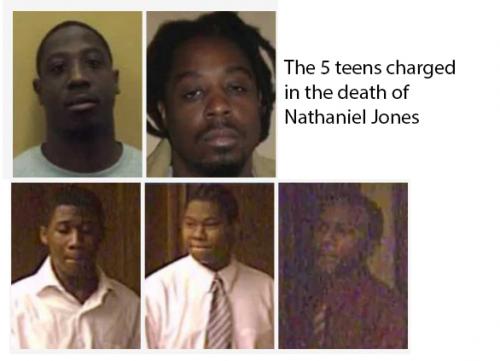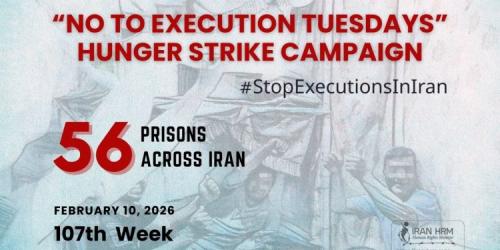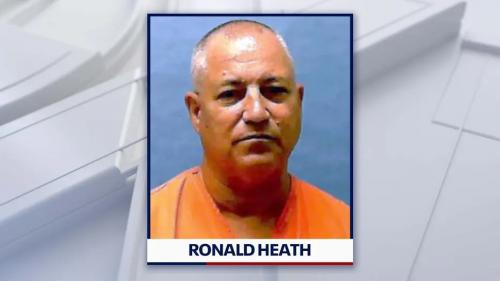18 August 2025 :
August 12, 2025 - North Carolina. An Extraordinary Exoneration—-In a stunning ruling, a judge overturned the convictions of 4 men accused as teenagers of a murder in 2002. The judge cited a key witness’ recantation as a factor.
For more than 20 years, brothers Nathaniel Cauthen and Rayshawn Banner, along with Christopher Bryant, Jermal Tolliver, and the late Dorrell Brayboy, claimed they were innocent.
On Friday, a judge believed them.
Robert Broadie, a Superior Court judge from Davidson County, exonerated the men in the 2002 death of Nathaniel Jones, the grandfather of NBA star Chris Paul, who now plays for the Los Angeles Clippers. They are now in their mid to late 30s; Brayboy died in 2019, a year after he was released from prison. Bryant and Tolliver were released in 2017. Cauthen and Banner have been serving life sentences.
Broadie’s 33-page ruling came seven months after he presided over a three-week evidentiary hearing in Forsyth Superior Court. He dismissed the charges against the four living men with prejudice, meaning they cannot be tried again.
Forsyth County District Attorney Jim O’Neill’s office has filed a notice of appeal, and state Attorney General Jeff Jackson’s office filed a petition Tuesday asking the state Court of Appeals to issue a temporary stay. The Court of Appeals granted the stay, which means that Cauthen and Banner won’t be getting out anytime soon.
Christine Mumma, an attorney for Banner and Cauthen, said prosecutors don’t have a right to appeal when charges are dismissed with prejudice. She said she plans to oppose the temporary stay to get the two men released as soon as possible.
Broadie’s decision came 3 years after a 3-judge panel upheld their convictions. That followed an investigation by the N.C. Innocence Inquiry Commission, which found that a key witness, Jessicah Black, had recanted. New DNA testing showing none belonged to the boys also bolstered the men’s innocence claims.
“I’m so glad they’ll finally be able to have a lifethe witness who recanted her trial testimony, told The Assembly this week.
Friday’s exoneration was a stunning disruption of the narrative surrounding Nathaniel Jones’ 2002 murder.
The Assembly first reported on the case in July 2023. Jones, 61, was a proprietor of what was believed to be the 1st Black-owned service station in North Carolina. Winston-Salem police said Jones was attacked on November 15, 2002, soon after he arrived at his East Winston-Salem home. Police said he was beaten in the head and face and left to die of a cardiac arrhythmia; he was found lying face down in the carport near his Lincoln Town Car. His hands were tied behind his back with black tape, and his mouth was taped shut. His wallet was missing.
Banner was 14, and Cauthen, Bryant, Tolliver, and Brayboy were all 15 at the time they were arrested.
The 5 teenagers were convicted in two separate trials in 2004 and 2005.
In the last several years, new questions have been raised, particularly after Black recanted. The 5 teenagers always maintained their innocence, contending that police used harsh interrogation tactics to coerce them into making false confessions. And no definitive physical evidence linked them to the crime scene.
Broadie specifically cited Black’s recantation in his ruling, saying he thought it was credible and significant. Black was 16 at the time of the arrests. She now says police detectives yelled, spit in her face, threatened her and told her she would get a life sentence if she didn’t cooperate.
“It’s crooked. Crooked and dirty,” she said. “I think they knew they were dealing with a bunch of kids. … They lied. They lied a lot. They told me they had so much evidence that they had, and they didn’t.”
The teenagers each spent between five and eight hours at the police station. None of them had lawyers; Banner was the only one who signed a waiver to his right to an attorney. (The teenagers’ statements would not be admissible in court under current state law.)
Their statements were inconsistent with each other and with the physical evidence. They didn’t agree on who participated in the beating, who served as lookouts, who unscrewed the lightbulbs in the carport, or whether the robbery was planned or spontaneous.
They couldn’t even agree on what weapons they used.
Police never found their fingerprints at the scene. And subsequent testing done by the Innocence Commission showed that none of the teenagers’ DNA was found at the crime scene.
But it was Black’s testimony at their 2 trials that truly sealed their fate.
Black says now that police detectives manipulated her.
Broadie’s ruling is the 2nd-most significant exoneration in Winston-Salem in the last 2 decades. The 1st was Darryl Hunt, who was exonerated in 2004, the same year Cauthen and Banner were convicted of 1st-degree murder in Jones’ death.
Hunt’s case, along with several other high-profile wrongful convictions, led to the creation of the North Carolina Innocence Inquiry Commission.
It’s also the 2nd case from Winston-Salem in which the commission played a key role. The first involved Merritt Drayton Williams, whose murder conviction was vacated in 2022 after the commission’s work led to new DNA evidence implicating another person, who confessed to solely committing the crime.
Attorney Mark Rabil also represented Hunt, who committed suicide in 2016. He represented Tolliver and Brad Bannon represented Bryant. Rabil called Broadie’s decision extraordinary.











